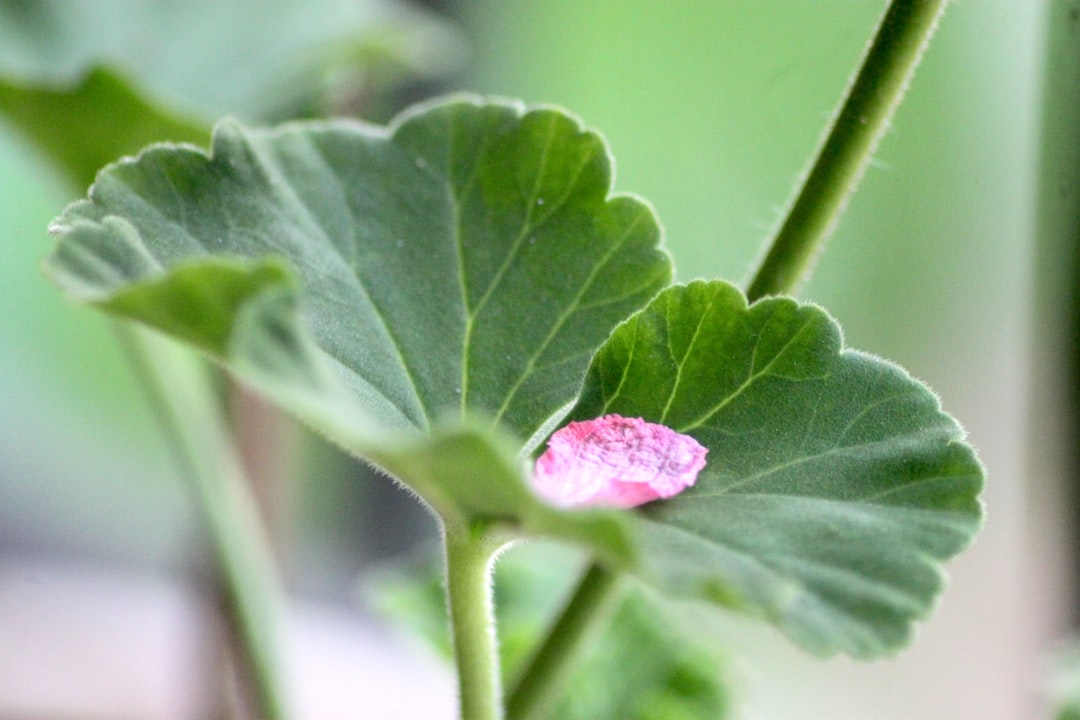Butterfly bushes, with their vibrant flowers and the promise of attracting a flurry of pollinators, have long been a favorite in many gardens. At first glance, they seem like the perfect addition to any outdoor space, offering a riot of colors and a constant buzz of activity. However, beneath their beautiful exterior lies a series of significant drawbacks that gardeners should be aware of before deciding to plant them.
One of the most pressing issues with butterfly bushes is their invasive nature. These plants have a remarkable ability to spread rapidly, often outcompeting native species for resources such as sunlight, water, and nutrients. In many regions, they have become a serious threat to the local ecosystem, disrupting the delicate balance of native flora and fauna. Once established, they can be extremely difficult to control, and their presence can lead to a decline in biodiversity as native plants are pushed out.
Another concern is that while butterfly bushes do attract pollinators, they may not provide the most nutritious food sources. Native plants have co - evolved with local pollinators over thousands of years, and as a result, they offer a more complete and suitable diet. Butterfly bushes, on the other hand, may act as a sort of ecological trap. Pollinators are drawn to them, but the nectar and pollen they provide may not be as beneficial for the long - term health and survival of these insects. This can have a negative impact on pollinator populations, which are already under stress from various environmental factors.
Butterfly bushes also require a significant amount of maintenance. They need regular pruning to keep them in shape and prevent them from becoming overgrown. If not pruned properly, they can become leggy and unsightly, detracting from the overall aesthetic of the garden. Additionally, they are susceptible to certain pests and diseases, which can further complicate their care and management.
So, what should you plant instead of butterfly bushes? There are many excellent alternatives that offer similar benefits in terms of attracting pollinators while also being more environmentally friendly.
One great option is the milkweed plant. Milkweed is the sole host plant for monarch butterflies, providing a crucial habitat for their caterpillars. It also produces beautiful flowers that attract a wide range of other pollinators, including bees and hummingbirds. There are several species of milkweed available, each suited to different growing conditions, so you can find one that will thrive in your garden.
Another alternative is the coneflower. Coneflowers come in a variety of colors, from bright purples to soft pinks, and they are a magnet for bees, butterflies, and other beneficial insects. They are relatively low - maintenance, drought - tolerant, and can add a splash of color to any garden. Coneflowers are also native to North America, making them a great choice for supporting local ecosystems.
Black - eyed Susans are also a wonderful addition to the garden. These cheerful yellow flowers bloom from mid - summer to fall, providing a long - lasting source of nectar for pollinators. They are hardy, easy to grow, and can tolerate a wide range of soil conditions. They also look great when planted in mass plantings or mixed with other native wildflowers.
Joe - Pye weed is a tall, stately plant that produces large clusters of pink or purple flowers. It is highly attractive to butterflies, bees, and other pollinators. Joe - Pye weed prefers moist soil and partial shade, but it can adapt to a variety of growing conditions. It adds a vertical element to the garden and can create a beautiful backdrop for other plants.
In conclusion, while butterfly bushes may seem like an appealing choice for a garden, their invasive nature, potential negative impact on pollinators, and high maintenance requirements make them a less - than - ideal option. By choosing native plants such as milkweed, coneflowers, black - eyed Susans, and Joe - Pye weed, you can create a beautiful, pollinator - friendly garden that also supports the health and diversity of the local ecosystem.

